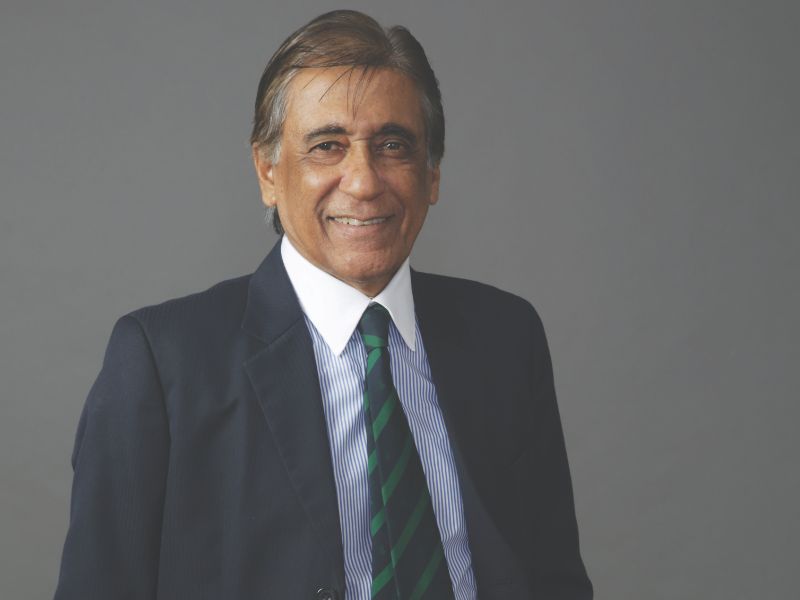DILIP THAKORE: DIRECT TALK | At last. Plain speaking about NEP 2020
Something is very wrong with India’s intellectuals, especially dons, deans and faculty of the country’s 1,168 universities. Almost all of them have lavished praise on the National Education Policy (NEP) 2020 without meaningfully debating on this important 66-page document which incorporates and summarises the 484-page draft report of the nine-member Dr. K. Kasturirangan Committee submitted to government in 2019.
EducationWorld is perhaps the sole publication which while not critical of NEP 2020 – because we are journalists, not experienced academics – raised some red flags which (as usual) didn’t provoke any debate or discussion within the country’s ivory tower HEIs (higher education institutions). We wrote two detailed, unprecedented cover stories on NEP 2020 (https://www.educationworld.
That’s why I was delighted to stumble upon a rarely forthright op-ed page essay in The Hindu (May 14) penned by eminent academics – Dr. Gautam Desiraju, Professor Emeritus at the Indian Institute of Science, Bangalore and Prof. Mirle Surappa, Senior Scientist at the National Institute of Advanced Studies, Bangalore. In the essay titled ‘In India, Education without Employment’, the learned professors dispute the government claim – dutifully echoed by the academy – that NEP 2020 “will enable an educational renaissance”. In the essay, they highlight graduate unemployability (42.6 percent) four years after promulgation of the “outdated and financially unviable” NEP 2020. They also belittle official claims about the progress of Indian universities in the QS and THE league tables, enquire about the fate of vanished mega research projects (CSIR-NMITLI, $10 Akash tablet, IMPRINT); highlight India’s low rank in Global Innovation Index, overblown start-ups and lament obsolescence of University Gants Commission).“Sitting UGC chairs, vice chancellors, directors, and ministers need not appear in national dailies peddling their policies and propaganda ad nauseam. Their job is to execute policy, not talk about it, and to ensure decent employability for the youth,” they write, adding that “it is our job as independent academics to write in the newspapers, if they do not do their jobs.” Commendable plain speaking, rare in Indian academia.
Yes. But Dear Professors, dailies have a shelf life of five minutes. If you venture out of your ivory tower and improve your market intelligence, you might discover that the education-focused EducationWorld with a shelf life of 30 days, and archival value offers a better forum. Btw, Cadillac communist N. Ram, publisher of The Hindu, didn’t respond to requests for permission to publish this insightful essay on our website. An indicator of his commitment to public debate of issues of national importance.

















Add comment